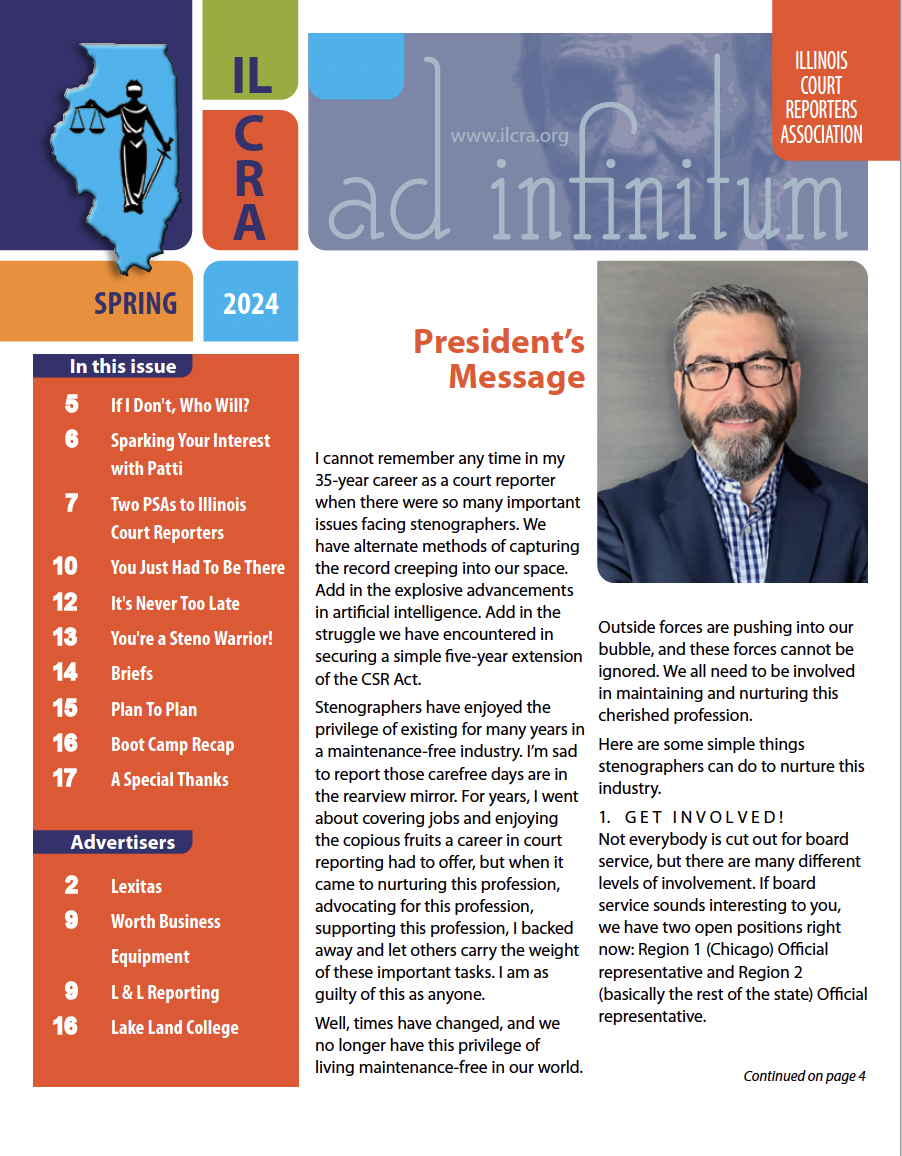Meeting with Your Legislator
Meeting with Your Legislator Objective
Your goal is to meet face-to-face with your elected official(s) to ask for their support for your issue. You want to use this short meeting with your legislator to make your point and try to garner support for your issue. Face-to-face meetings are the most effective means of communication with a legislator and can have a direct impact on the way a legislator votes.
Step 1 - Who is Going to Attend?
The makeup of your meeting attendees is important. Make sure that all meeting attendees are articulate, professional, well informed on the issue, diverse, and come from the district of the legislator you are trying to see (i.e., their vote impacts the legislator).
Contacting the Legislator's Office
Call the legislator's scheduler and explain that you would like to set up an appointment with the legislator. Give the scheduler all of the details of who, what, when, where and why. Offer to fax or e-mail your request with the details to the scheduler.
Remember to be polite when making the request; the scheduler is a very important gatekeeper and is someone that you will want to stay in the good graces of.
The scheduler may tell you that the legislator is not available; if that is the case, try to set up a meeting with the staffer who handles the issue you are bringing to the legislator. You want to make sure you have a face-to-face meeting with the correct staff person in order to make an impact.
Finally, thank the scheduler for their time.
Step 2 - Preparation for the Meeting
Place a call into the legislator's office to reconfirm the meeting time and place and to ensure that the legislator (or staffer) will be able to attend the meeting.
Read the background information on your issue and know all facets of the issue. Also, recall some of your own anecdotal information on the issue in order to provide a personal story. The legislator will remember your personal story long after the meeting is over.
Prepare your meeting attendees and coordinate your statements so each person in the group has one or more points to raise during your presentation to the legislator. Don’t be afraid to bring and reference your notes or bullet pointed “scripts” during the meeting. Make sure that your panel is familiar with all aspects of the issue to avoid any miscommunication between participants and the legislator.
Compose a one-page "leave behind," which is a summation of facts, on why your issue is important and its impact on the community. This "leave behind" is important to the legislator and staff. It allows them to have a succinct synopsis of the issue and of the impact.
Step 3 - The Meeting with the Legislator
Be prompt! Never be late for a meeting with a legislator. Being late reflects poorly on you, your association, and the pending legislation.
The legislator, as your elected official, will want to help you; however, don’t be upset if you only get a chance to meet with a staffer. Legislative staffers are very important and often can influence decisions for their legislators on issues.
Open your meeting by thanking the legislator for his/her time and his/her staff's willingness to work with you. Next, provide your concise, three minute, “elevator speech” stressing why your issue is important to the community and especially important to you. Have the meeting attendees begin with their statements and points. Be sure to make your important points early on in the meeting in case the legislator needs to cut the meeting short.
Never argue, bicker, or talk over other members in your group! This behavior gives the legislator the impression that you are not united and that your group is unorganized.
If you are asked a question to which you do not know the answer, inform the legislator that you will get back to him/her with that information. Don't let it bother you - continue with your points. Once your meeting is over, do some research and find the answer to the legislator's question. You can include the answer and any background material with your thank-you letter to the legislator. Always make sure that you provide the legislator with the information that he/she requests.
Finally, at the close of your presentation, always ask the legislator directly for their support. If you don't ask for it, most of the time you won't get it. Expect the legislator to be non-committal in their response to your message. This may be the first time his/her office has had to focus on the issue and they will need time to gather information.
Let the legislator know you will follow up with a letter and a call.
Thank the legislator and staff for the meeting.
Step 4 - Post Meeting
Always send a thank-you letter to the legislator. Your letter should re-emphasize your main points, answer any questions or concerns the legislator had, and include any additional information requested.
We wish you the best of luck in having a successful meeting! And, remember:
"Legislators represent people, not trees or acres. Legislators are elected by voters, not farms or cities or economic interests."
ILCRA members may contact the ILCRA staff for additional guidance by calling 703-729-4861 or by e-mailing [email protected]
|

